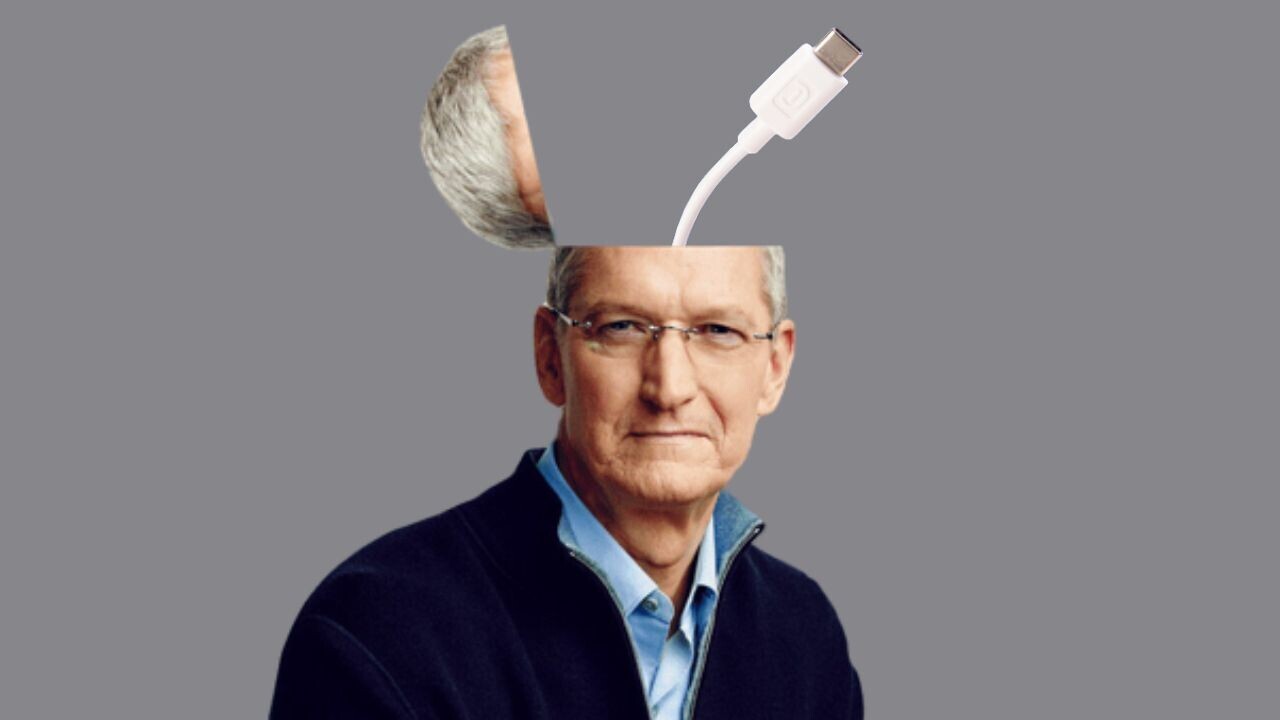
New iPhones always arrive with upgrades, but this year’s crop will feature one improvement Apple didn’t want to make.
As a result of new EU rules, the US tech giant has ditched its Lightning charging cable for a USB-C wire. The entire range of iPhone 15s has made the transition, Apple announced on Tuesday.
The move will satisfy EU requirements to standardise mobile chargers. From 28 December 2024, every new phone sold in the bloc must have USB Type-C port. The law will also cover other portable electronic devices, including tablets, digital cameras, and headphones. In spring 2026, the obligation will be extended to laptops.
Lightning lovers and EU critics have slammed the rules as another case of government overreach. They accuse the bloc of sacrificing innovation at the altar of regulation.
When applied to other European tech directives, those arguments may have validity. In this case, however, the EU rules could genuinely make the world a better place.
The legislation aims to improve sustainability, reduce electronic trash, and make consumer lives easier. Unused and discarded chargers create an estimated 11,000 tonnes of e-waste a year. According to the EU, the new law will increase their reuse and help consumers save up to €250mn a year on unnecessary cable purchases.
Apple, however, has been resistant to the changes. The US tech giant spent years lobbying against the switch before finally conceding defeat.
In 2019, Apple commissioned a study that claimed the regulation would cost consumers €1.5bn. The company also warned the move would consign millions of cables and adaptors to the scrapheap. Curiously, the firm didn’t raise such concerns when it switched to the pricey Lightning connector in 2012.
Industry experts predict that Apple will soon change its tune. Thomas Husson, a principal analyst at research firm Forrester, expects a different tone now that the move to USB-C is happening.
“The likely shift from iPhone’s charging port shifting from Lightning to USB-C will be marketed as a key consumer benefit, which is a paradox after Apple pushed back on this standard for many years,” he said.

Cynics also note that Apple’s corporate activism has ulterior motives (well, duh). The company is notorious for pushing proprietary components over open standards — an approach that’s proven lucrative.
Sales of in-house cables, licensing fees from third-party manufacturers, and restrictions on compatibility with rival vendors generate vast revenues. The EU’s intervention will bite a chunk out of those earnings.
Inevitably, there has been some backlash from iPhone users who have amassed numerous Lightning accessories. On the plus side, their USB-C wire can charge almost all their other electronic devices. Even iPads, Macbooks, and AirPods now use Type-C.
The switch should also expand interoperability. In the EU, people own an average of three chargers and use two regularly. Nonetheless, 38% of them have had problems powering their phones because they couldn’t find the right charger.
That incompatibility comes at a cost. Consumers spend around €2.4bn a year on standalone chargers that don’t come with their devices.
Apple’s switch to USB-C should reduce both the financial and environmental impacts. It will also make this Android user’s trips to Apple households less stressful — although, obviously, I would never have ulterior motives of my own.
Update (9:30AM CEST, September 13, 2023): This article has been updated to reflect that Apple has confirmed the changes.
Get the TNW newsletter
Get the most important tech news in your inbox each week.




